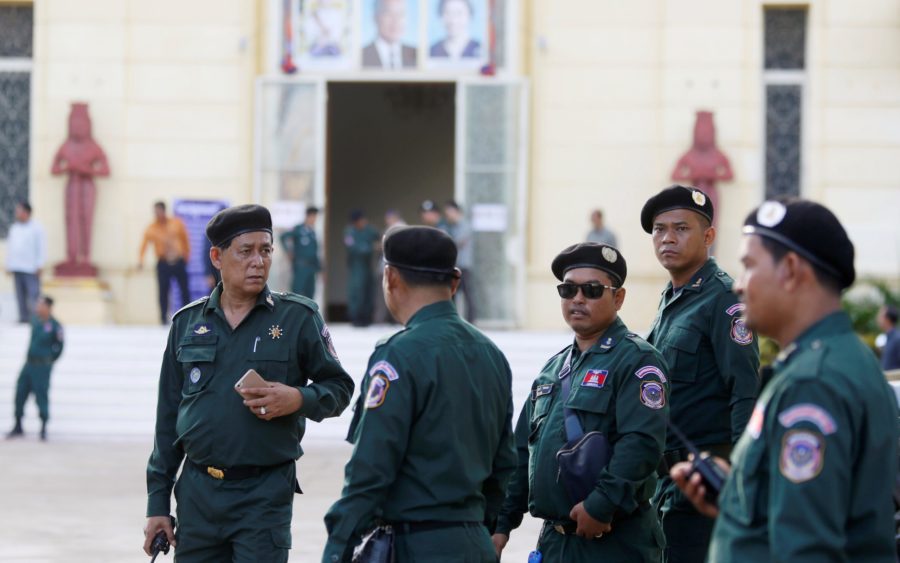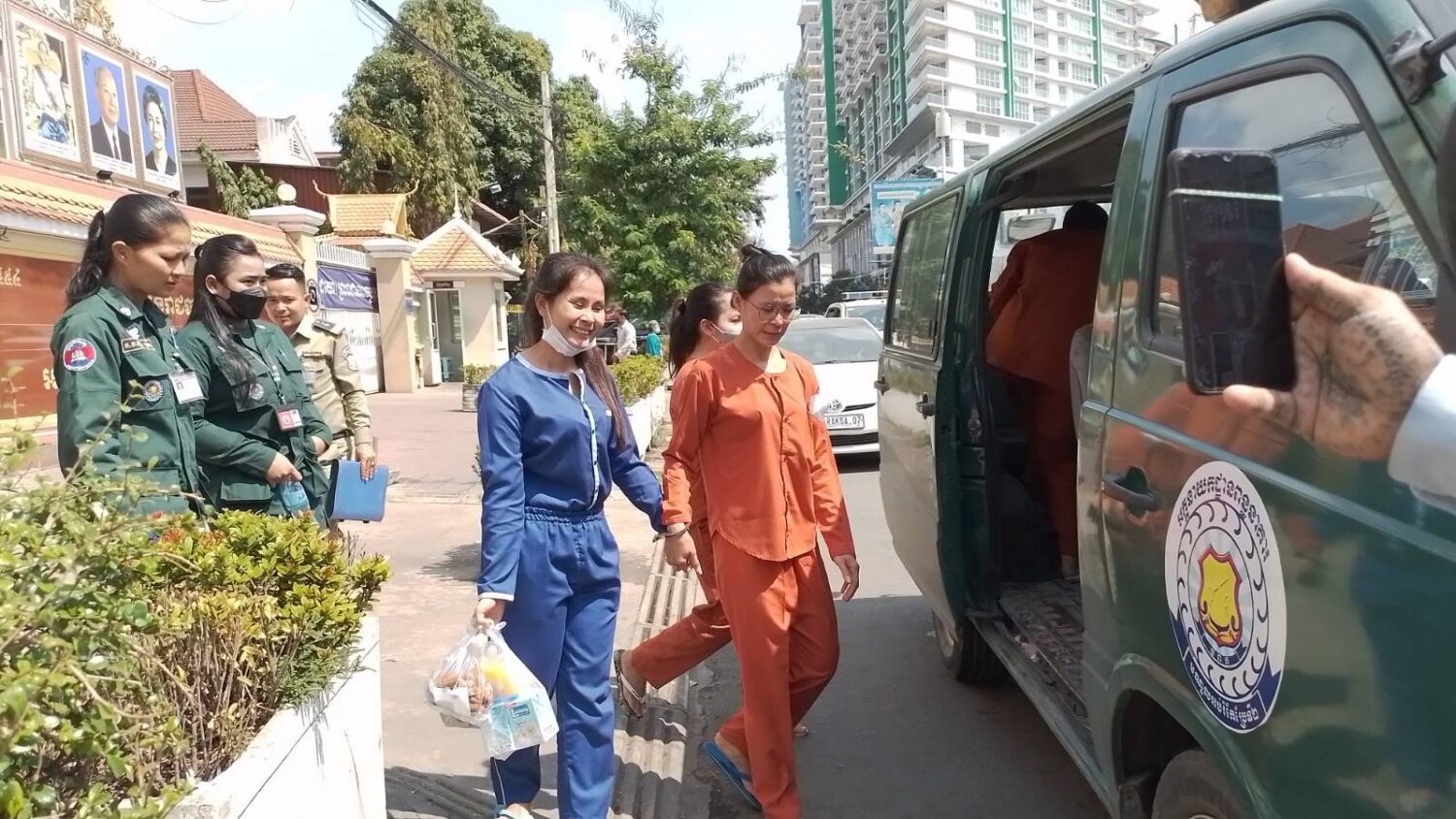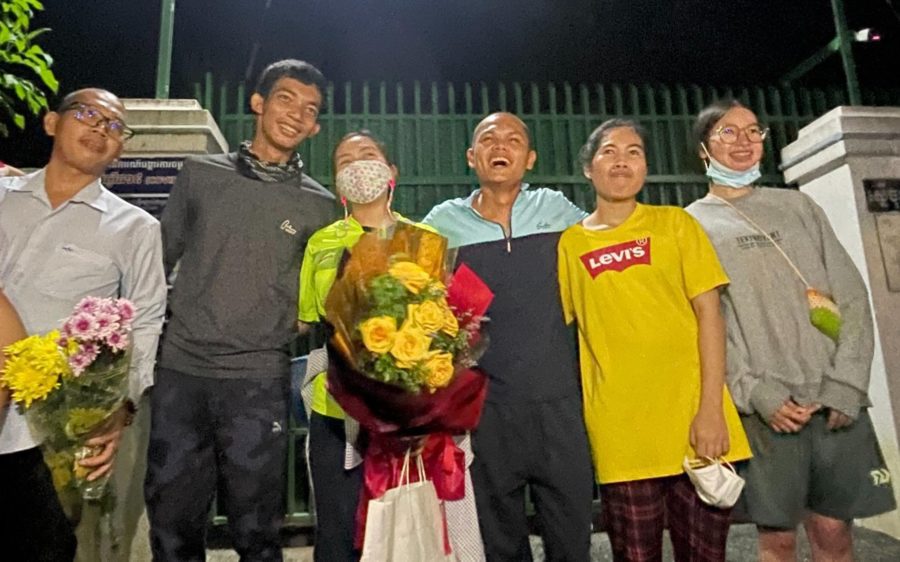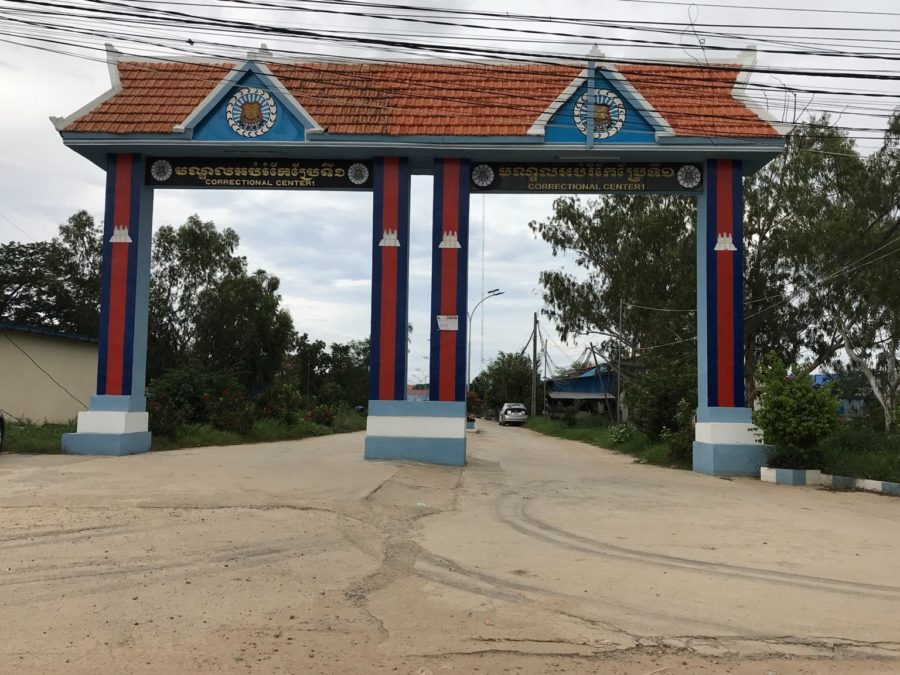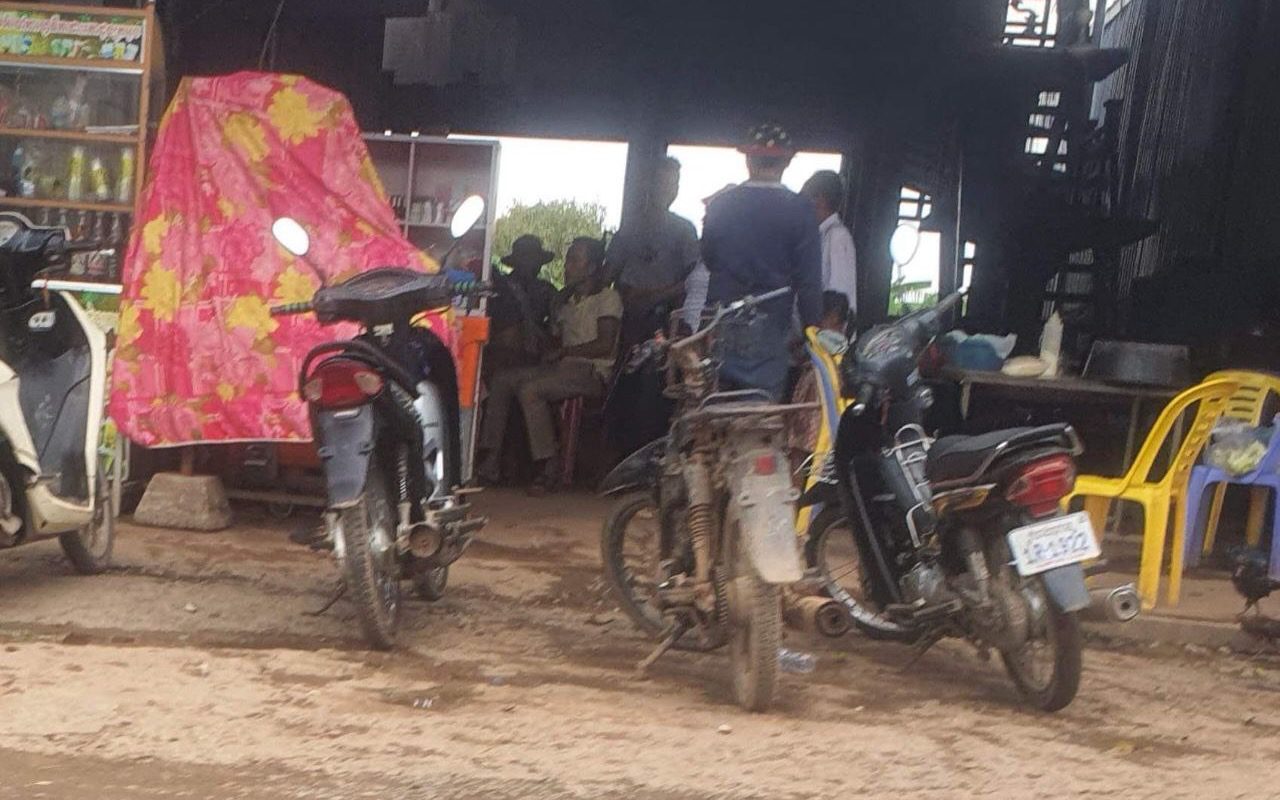A man convicted of murdering his neighbor in Preah Vihear province pleaded with the Supreme Court to acquit him, with his defense lawyer saying there was no physical or DNA evidence to tie him to the murder.
The Supreme Court on Monday heard an appeal from Roeun Samnang, who also goes by Hors, who was convicted of murder by a Preah Vihear court in December 2019 and sentenced to 10 years in prison. The conviction and prison sentence was upheld by the Appeal Court in November 2020. The murder took place in Preah Vihear’s Choam Ksant district.
Supreme Court prosecutor Chan Dararaksmey agreed with the Appeal Court’s decision and said Samnang had reason to want revenge against the victim because they had had a verbal spat the evening before the murder. The prosecutor said this was the accused’s motive for the murder.
The neighbors also had a dispute over land, Dararaksmey said, and that a witness, Sim Phy, had testified that Samnang was at the victim’s house because he was on a phone call with the victim when the accused was there, and heard a dog barking and the victim cursing.
A blood stain was also found on the accused’s shirt, Dararaksmey said, but admitted that judicial police had not conducted DNA analysis of the stain because they lacked the technical capacity to perform forensic analysis.
But this did not mean there wasn’t enough incriminating evidence to convict Samnang, the prosecutor concluded.
Defense lawyer Soeung Ratha said there was no conclusive evidence against his client and there was no analysis of the wounds on the victim to suggest Samnang was involved.
A consulting judge had earlier read out that police had collected evidence from the accused’s home, which included a tactical knife, a machete, a rifle, an ax, and a shirt with blood stains.
Ratha said the items collected from his client’s home were not unusual and normal for a farming household.
Samnang’s wife had told the court the bloodstain on the shirt was from their child who cut themselves playing with a knife, the lawyer said. Additionally, when the police were at the crime scene, Samnang was observing them, with Ratha suggesting that if his client was the murderer he would have fled the scene.
“All the facts were in doubt and there is no witness at the scene to clarify,” Ratha added. “So the decision is not correct … so please, judges, return the case back to the Appeal Court for retrial.”
Samang agreed with his lawyer and repeated that he did not commit the crime and was just walking past the victim’s house and willingly went with police because he knew he was innocent.
“I did not commit [the crime]. Please get me free so that I can meet my wife and children again,” he said.
A verdict is expected on November 29.


